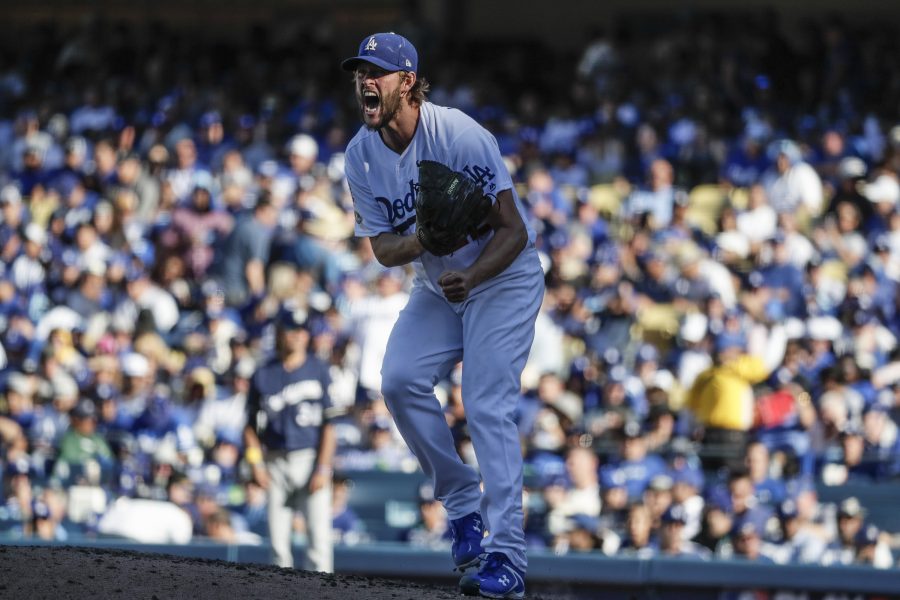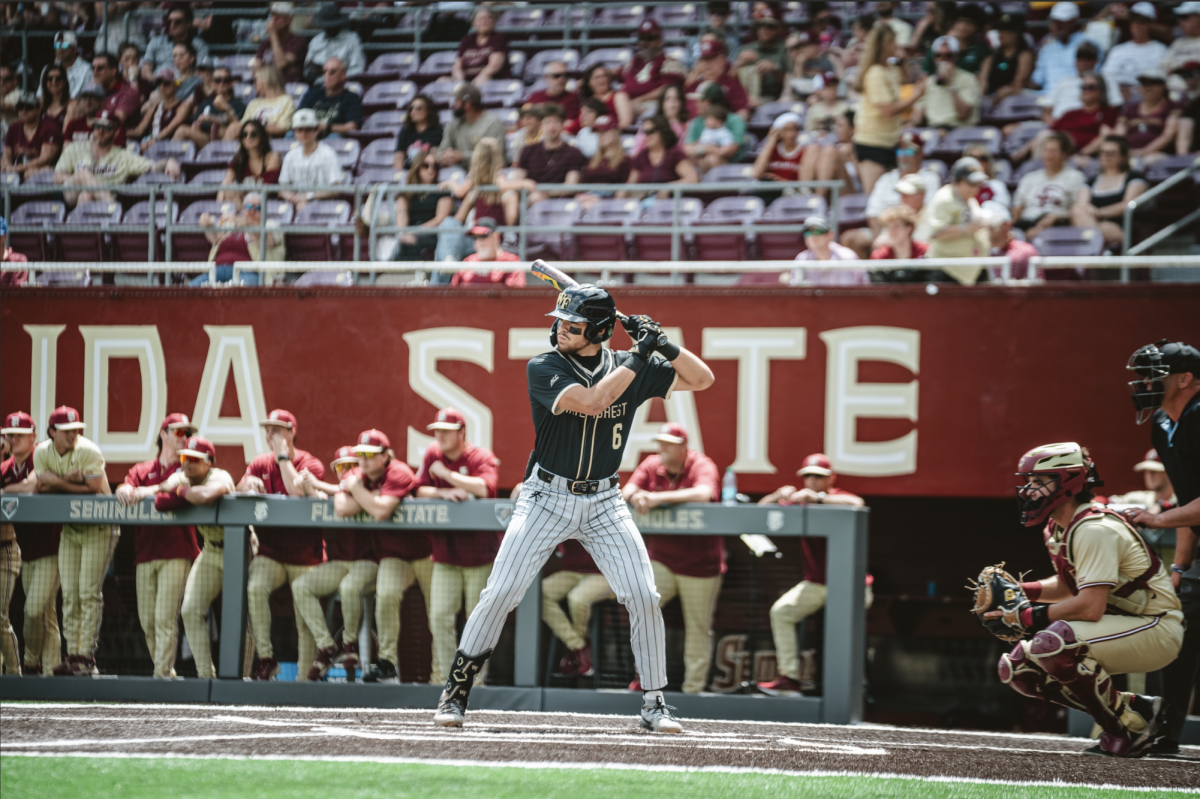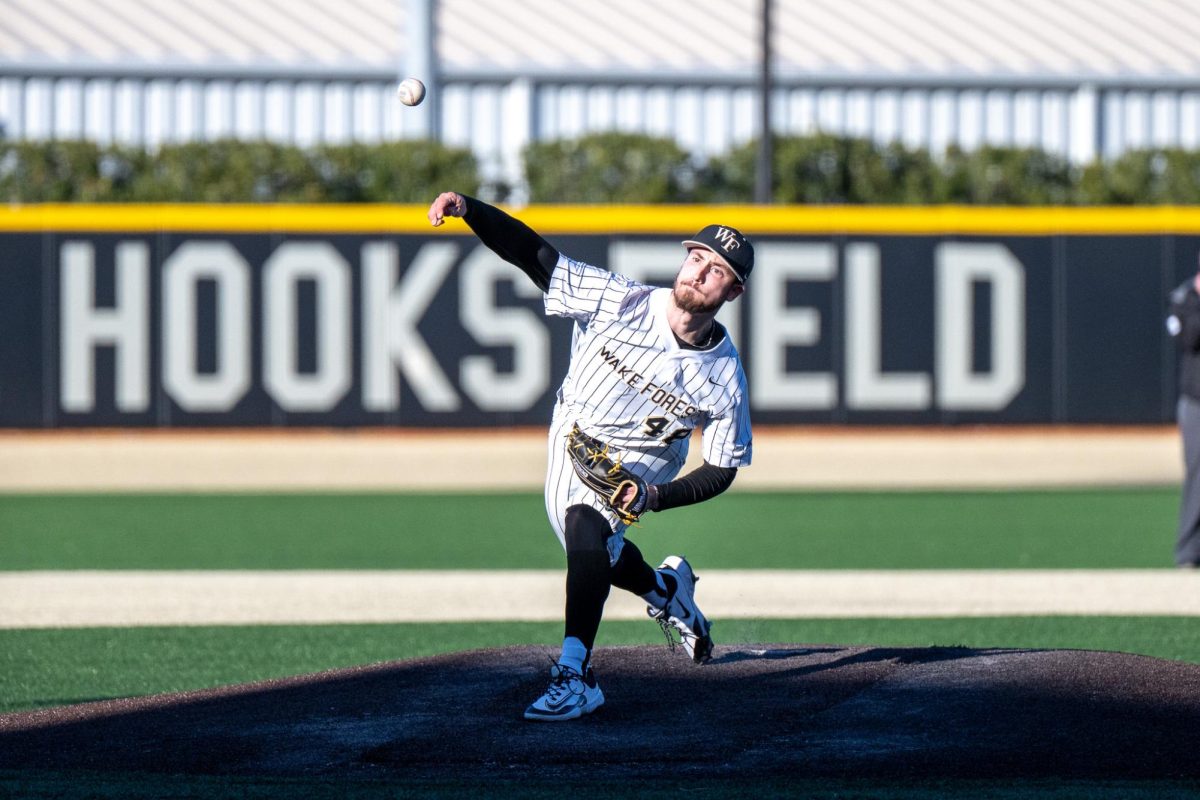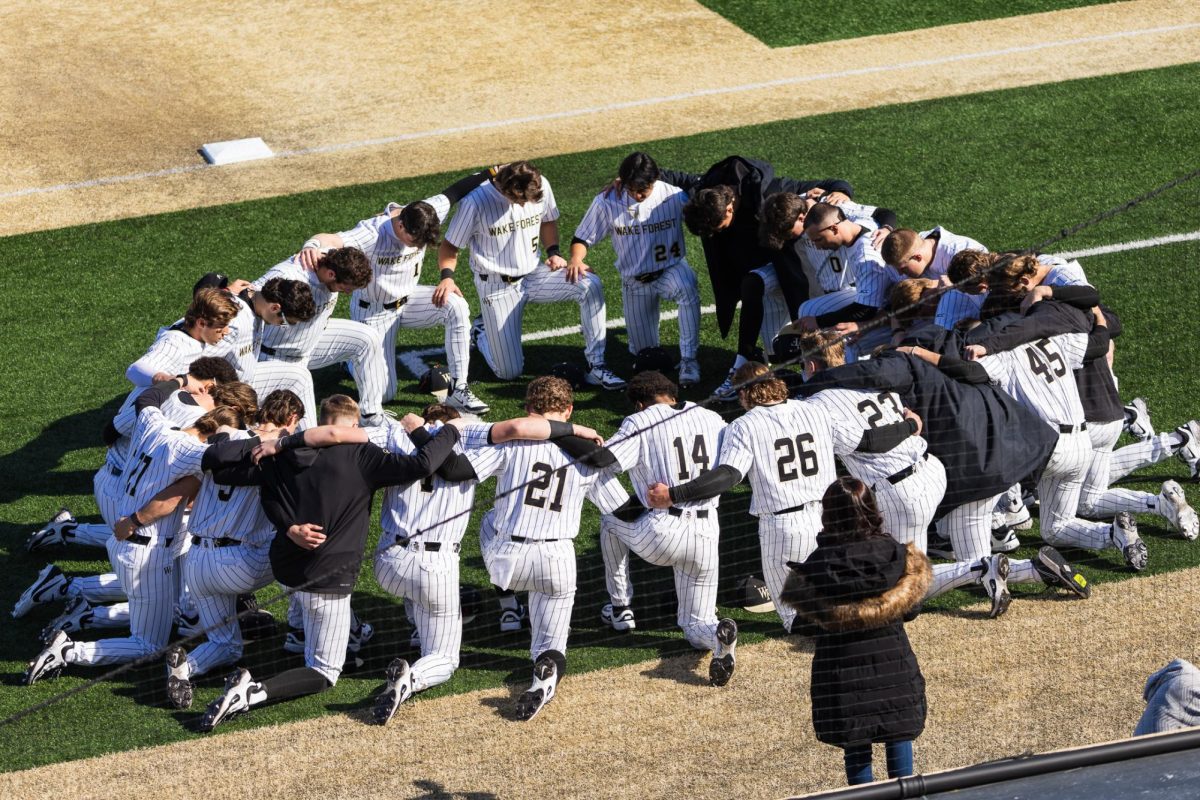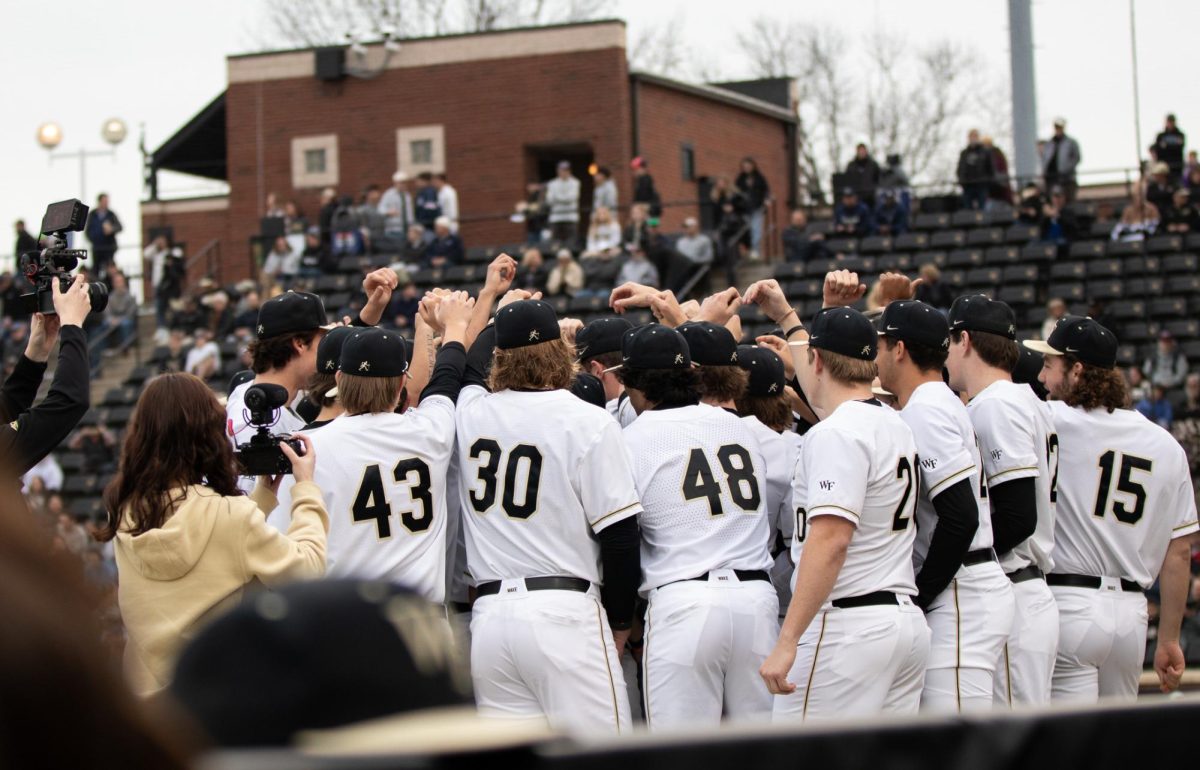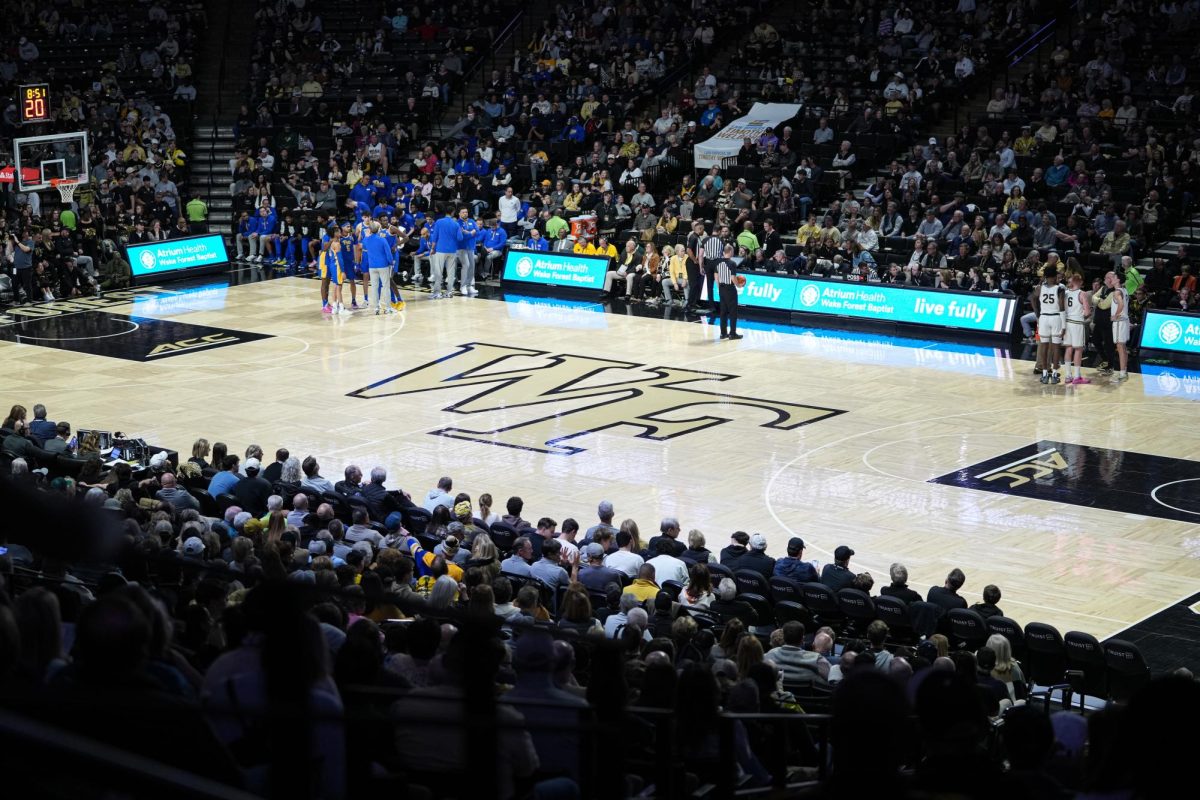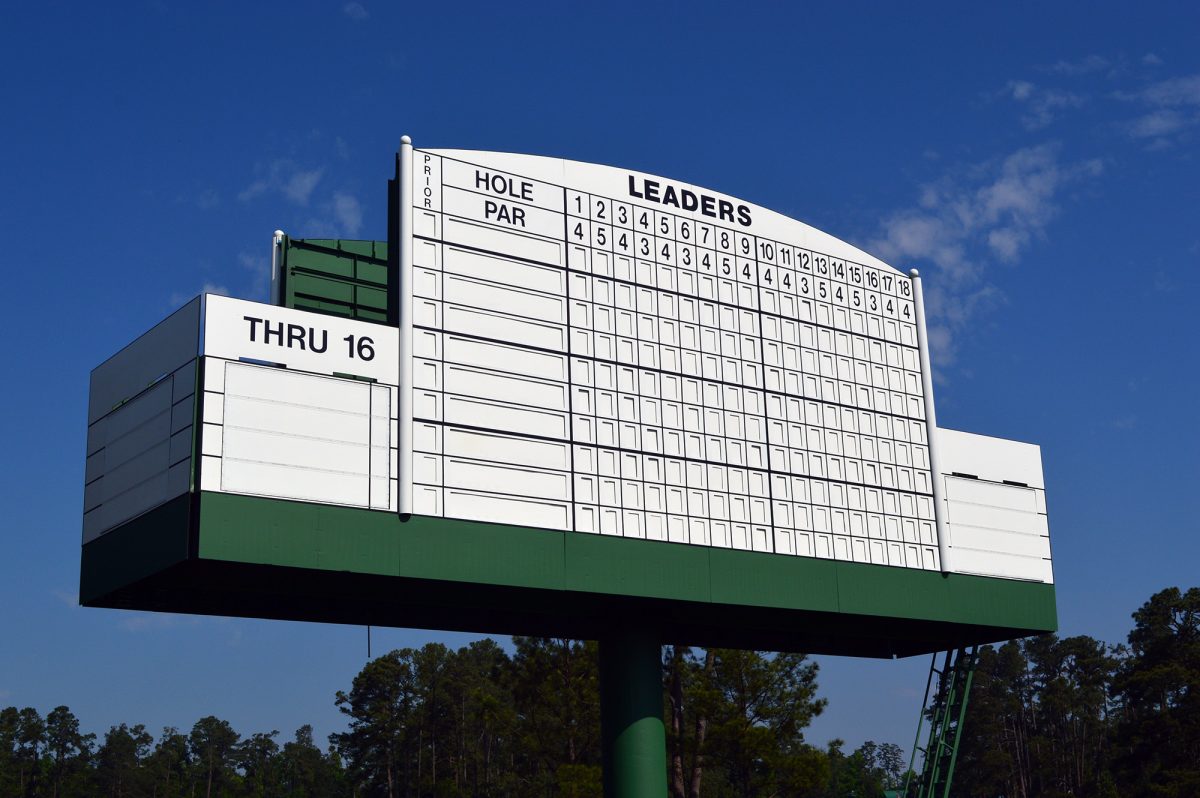After a lackluster slate of division series that featured two sweeps and zero game fives, the NLCS and ALCS have reignited the excitement that should accompany October baseball. The four remaining clubs — the Houston Astros, Boston Red Sox, Los Angeles Dodgers and Milwaukee Brewers — each entered the League Championship series with considerable momentum, as the four teams combined for a 12-2 record in the Division Series.
A World Series rematch seemed to be a likely scenario at the outset of the LCS, as both the Astros and Dodgers entered their respective series as slight favorites, but the Red Sox and Brewers have appeared far less beatable than pre-series projections suggested. With both series still within reach for all four teams, the spotlight brightens, and each moment is magnified as the final push for World Series berth begins.
For Dodgers ace Clayton Kershaw, the spotlight has shined a bit too brightly at times in the postseason, and his career 2.39 ERA in the regular season starkly contrasts his ERA in the postseason, which is over 4.00. In Game one of the NLCS, Kershaw reignited the narrative that he is incapable of pitching in the postseason after managing just 3.0 IP and allowing four earned runs.
In Game five, however, Kershaw looked more like himself. Though his fastball continues to lose velocity and his stuff lacks the bite it once had, Kershaw achieved ace-level results, providing 7.0 innings and allowing just one run en route to a 5-2 Dodgers victory. He also recorded nine strikeouts—his highest total of the 2018 postseason.
Now, the NLCS will return to Miller Park in Milwaukee, where the Brewers will play a win-or-go-home Game six—a possibility that seemed farfetched just a few days ago, when the Brewers held a 2-1 series lead.
In the Red Sox v. Astros series, Red Sox starting pitcher David Price finally rose to the occasion as a postseason starter in Game 2, marking the first time that a team has won in the postseason after using Price as their starter. The 33-year-old Price had made 10 prior postseason starts across the last nine seasons, and his team had lost all 10.
After splitting the first two games at Fenway Park with the Astros, Boston took control of the series in Game 3 on the back of an 8-2 victory.
Astros starting pitcher Dallas Keuchel and Red Sox starting pitcher Nathan Eovaldi each allowed two runs in their Game 3 starts, setting up what appeared to be a close game. Then, Red Sox first baseman Steve Pearce hit a go-ahead home run in the sixth inning, and Red Sox outfielder Jackie Bradley Jr. broke the game open in the eighth with a grand slam.
Chris Sale, Boston’s ace, will be a story to follow as the series progresses, as he will likely miss his scheduled Game 5 start due to a stomach illness that sent him to the hospital. Though Sale has been discharged from the hospital, Red Sox manager Alex Cora says that his pitcher still feels weakness and fatigue that could keep him off the field until Game 6.
Fortunately for fans, this playoff round has contained tension and competitive games — features largely lacking from the League Division Series. The Brewers will continue to ask their bullpen to throw as many innings as possible to neutralize the potent Dodgers’ lineup, and the Red Sox and Astros series will feature more crooked numbers hung on the board from both tremendous lineups.



